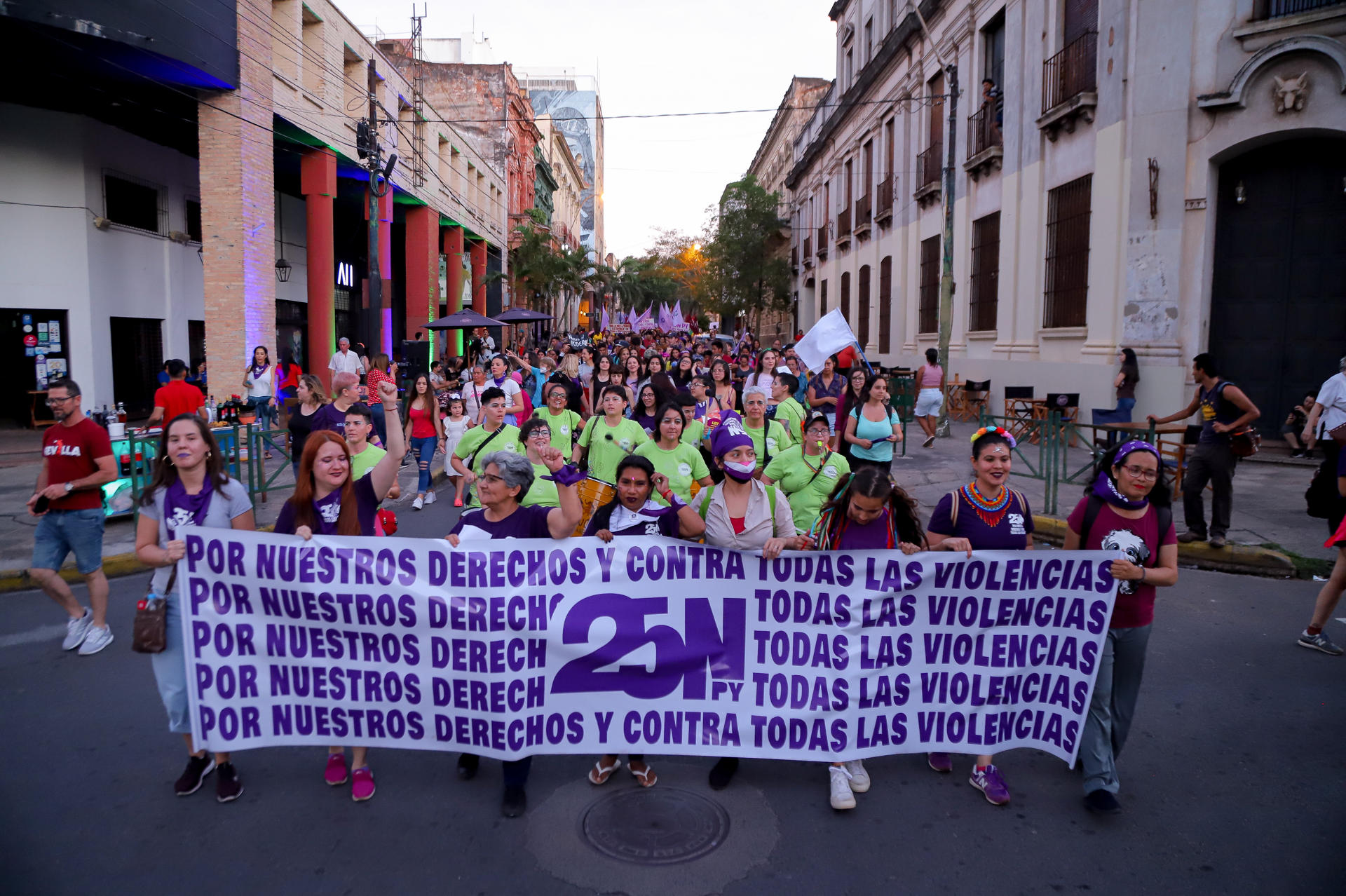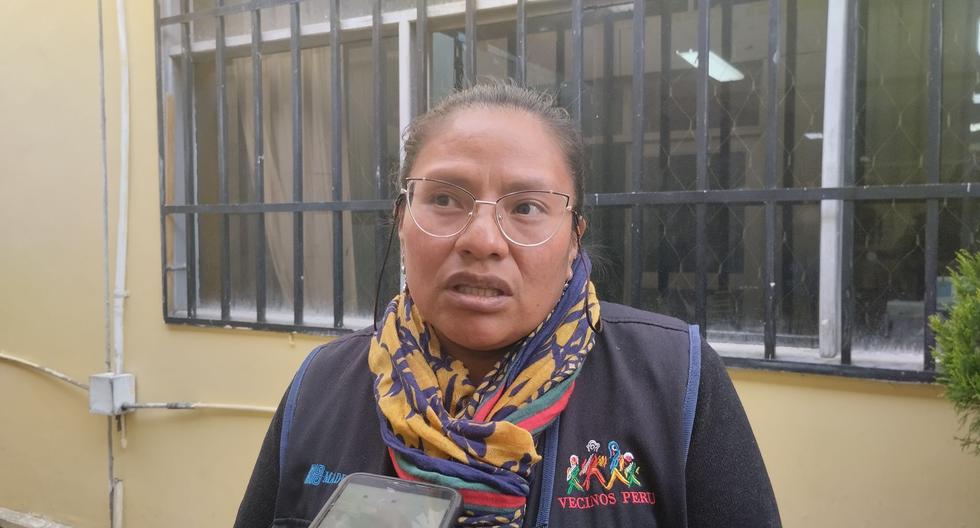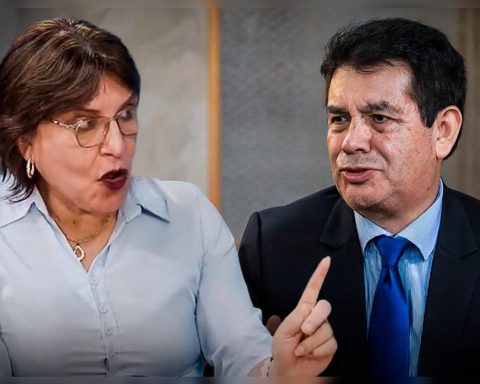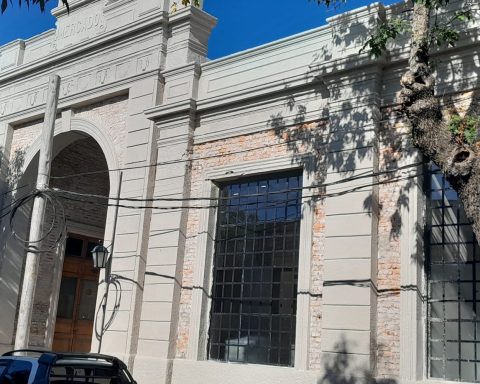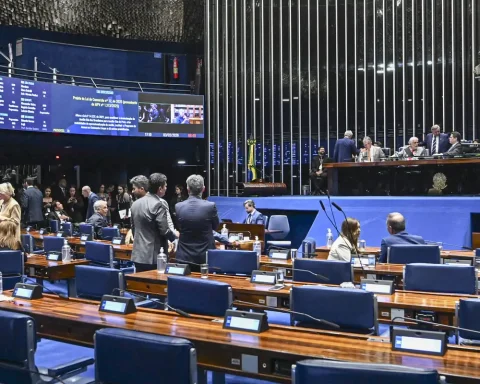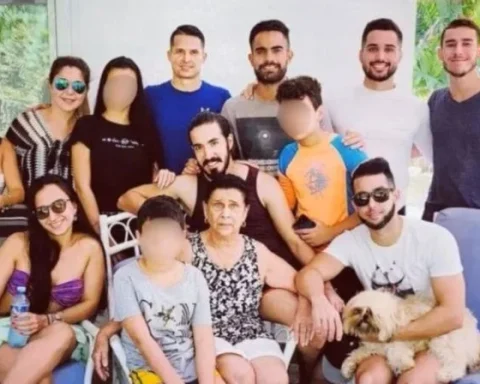EFE – Hundreds of people marched this Friday through the streets of downtown Asunción to denounce that 32 femicides have occurred so far this year in the country, and to warn that violence against women has been exacerbated by the health and economic crisis. .
With the motto “For our rights and against all violence!”, women and men of all ages gathered in the Plaza Uruguaya, on the occasion of the International Day for the Elimination of Violence against Women.
“We are the cry of those who are not here”, was one of the harangues of the attendees, who carried flags and displayed banners with messages in which they claimed: “Enough of the violence against women”.
A boisterous and colorful march advanced through the streets of the so-called microcenter of the capital to the Plaza de la Democracia, where a manifesto for 25N was read and an artistic show began.
Among others, the document denounced that women “continue to be killed for being women.”
“So far this year, the 32 cases of femicide and 7 attempts hurt us,” the document reads.
In addition, he warned that in Paraguay “more than 13,000 girls and adolescents gave birth last year,” of which 490 “were only between 10 and 14 years old.”
The text points out as a “local reality” the forced unions of girls and adolescents.
In this sense, it warns that “more than half” of the young women between the ages of 15 and 19 who are married or are concubines, live with men who are between 5 and 10 years older than them.
“We see and understand that violence intensified during the pandemic, but post-pandemic is much worse for women,” Cony Oviedo, a member of the Organization of Peasant and Indigenous Women (Conamuri) and one of the promoters of this march, told EFE. which brought together more than 20 organizations linked to this activity since 2017.
Oviedo, who is also part of the Union of Journalists of Paraguay, pointed out that violence is a situation that women experience on a day-to-day basis: “whether it is a peasant, indigenous, or urban woman, or a woman, for example, a journalist,” she lamented. .
In this context, she pointed out that if you want to end violence against women in the country, you need, among other things, public policies with a gender and human rights perspective.
